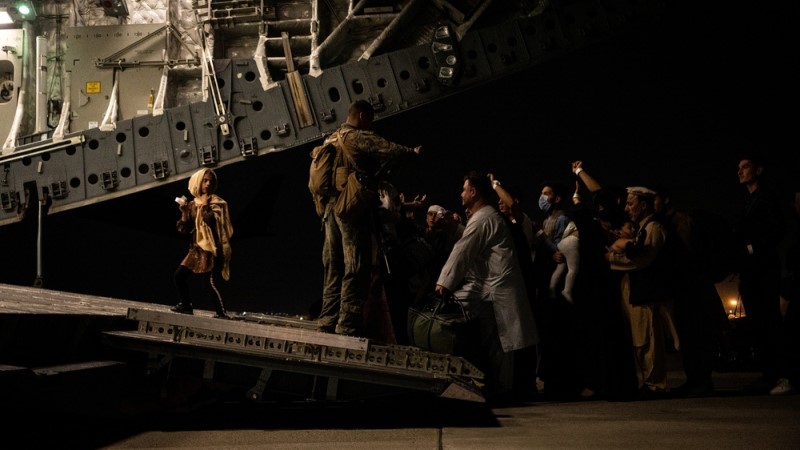Tajikistan Faces Threat from Tajik Taliban
By Sudha Ramachandran
March 27, 2023
In July 2022, reports emerged of a “new” militant outfit in northern Afghanistan. A Taliban-affiliated group, the Tehrik-e-Taliban Tajikistan is reportedly in charge of the security of five districts in Afghanistan’s Badakhshan province. It has in its crosshairs the anti-Taliban resistance based in Tajikistan, the secular Tajik government and the Islamic State-Khorasan Province. So how “new” is the TTT? And what are the implications of its rising presence and profile in Afghanistan’s border districts for the region?
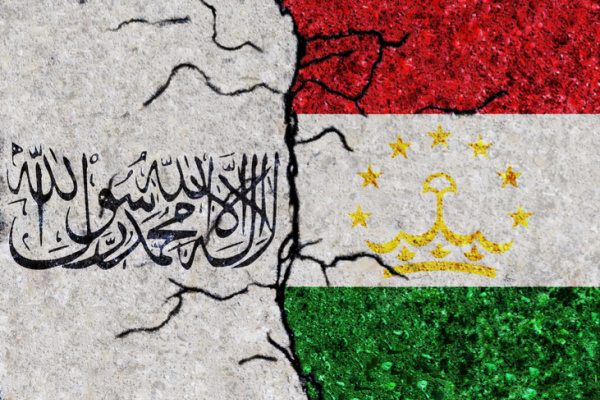
ISKP Attacks in Uzbekistan and Tajikistan
By Sudha Ramachandran
August 31, 2022
Since April this year, the Islamic State Khorasan Province (ISKP), the Afghan affiliate of the terrorist organization known as the Islamic State of Iraq and Syria (ISIS), has carried out rocket attacks in Uzbekistan and Tajikistan from its bases in northern Afghanistan. The attacks are significant. This is the first time that the jihadist group is targeting countries in Central Asia. They signal the ISKP’s expanding geographic presence inside Afghanistan as well as its growing ambitions in Afghanistan and Central Asia. Western countries that are concerned about terrorism emanating from Afghanistan should take note of the implications of the recent attacks.
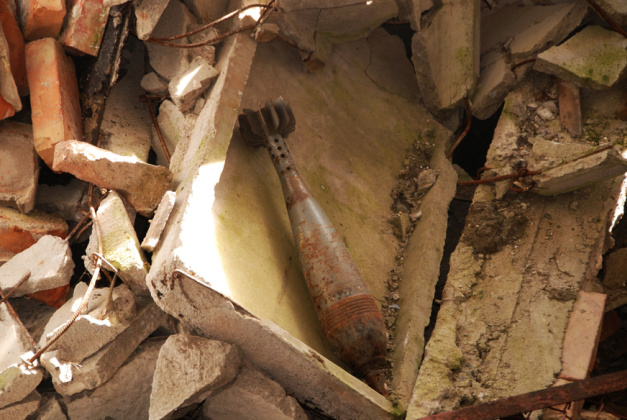
Can Pakistan Offer the U.S. Military Bases to Target Islamic State in Afghanistan?
By Umair Jamal
September 20, 2021, the CACI Analyst
After the withdrawal of international troops from Afghanistan, U.S. intelligence agencies are seeking ways to maintain its intelligence-gathering and counterterrorism presence in the region. One of few options is Pakistan, which has previously provided U.S. intelligence agencies with bases for counterterrorism operations in Afghanistan and beyond. After the recent attack by Islamic State Khorasan Province (ISKP) at Kabul Airport that killed scores of U.S. soldiers and Taliban fighters, Pakistan may open its airspace for U.S. counterterrorism operations against ISKP in Afghanistan. However, for any such deal to become possible, Pakistan would want the U.S. to only target the ISKP after getting the nod from the Taliban – Islamabad’s longtime allies and the new rulers of Afghanistan.
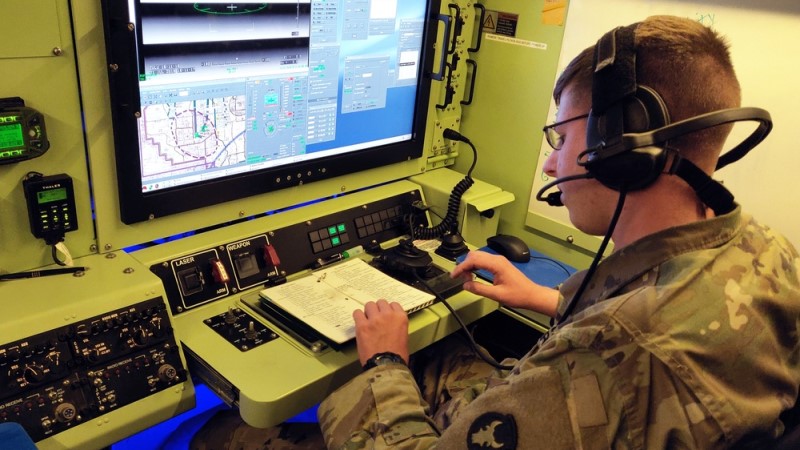
Afghan Hazaras Organize to Defend Themselves
By Sudha Ramachandran
August 26, 2021, the CACI Analyst
Relentless violence against Afghanistan’s Shia Hazara community by the Sunni extremist Taliban and the Islamic State-Khorasan in recent years had prompted some of their youth to pick up arms to defend their community. Their fears have intensified with the Taliban coming to power. Recent attacks have heightened their sense of insecurity. Should violence against them persist, Hazara militias will proliferate. The Fatemiyoun Brigade, which is lying low, could be activated. Shia Iran could intervene to support the Hazaras.
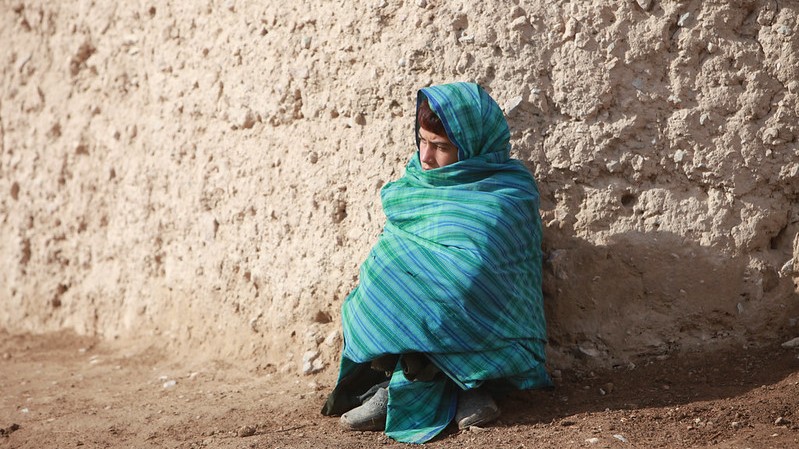
U.S. Troop Withdrawal from Afghanistan Risks Fueling a New India-Pakistan Proxy War
By Umair Jamal
August 25, 2021, the CACI Analyst
For more than two decades, India has openly opposed any prospect of the Taliban returning to power in Afghanistan. New Delhi has continued to oppose the Taliban even in the face of the international community’s ongoing effort to engage the group to find a negotiated settlement. Pakistan, on the other hand, supports efforts to engage the Taliban in an attempt to bring the Taliban back to power. After the collapse of former Afghan President Ashraf Ghani’s government and the fall of Kabul to the Taliban, Islamabad believes that it has scored a major win against India as it can isolate New Delhi’s political influence and interests in Afghanistan. The Taliban’s return to power risks turning Afghanistan into an India-Pakistan proxy battleground.
